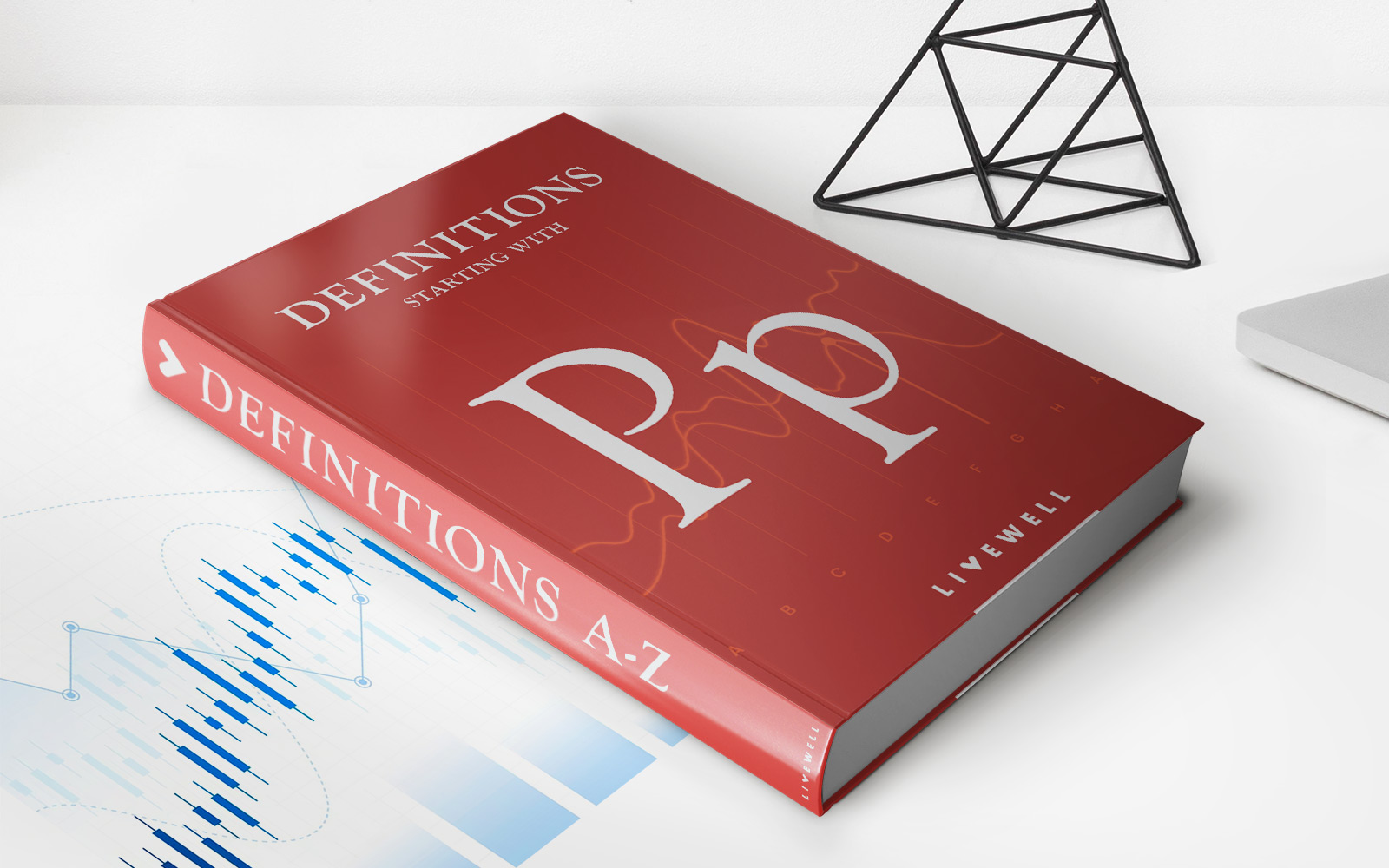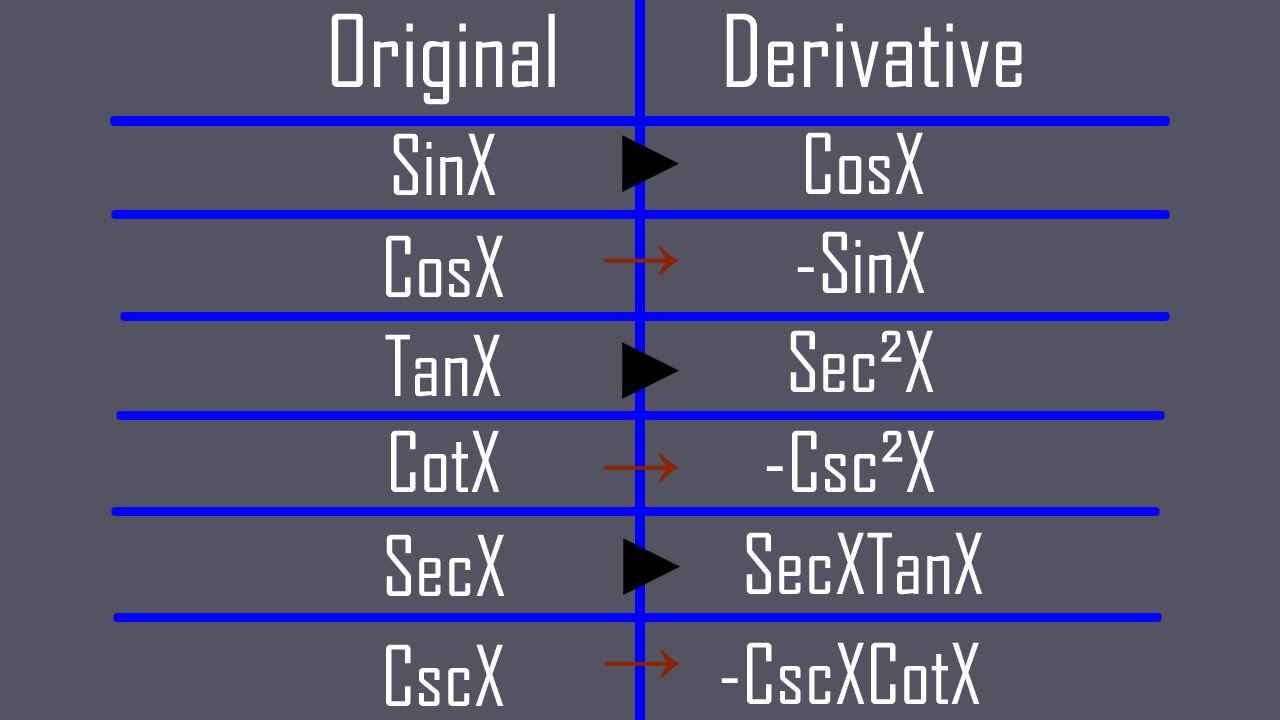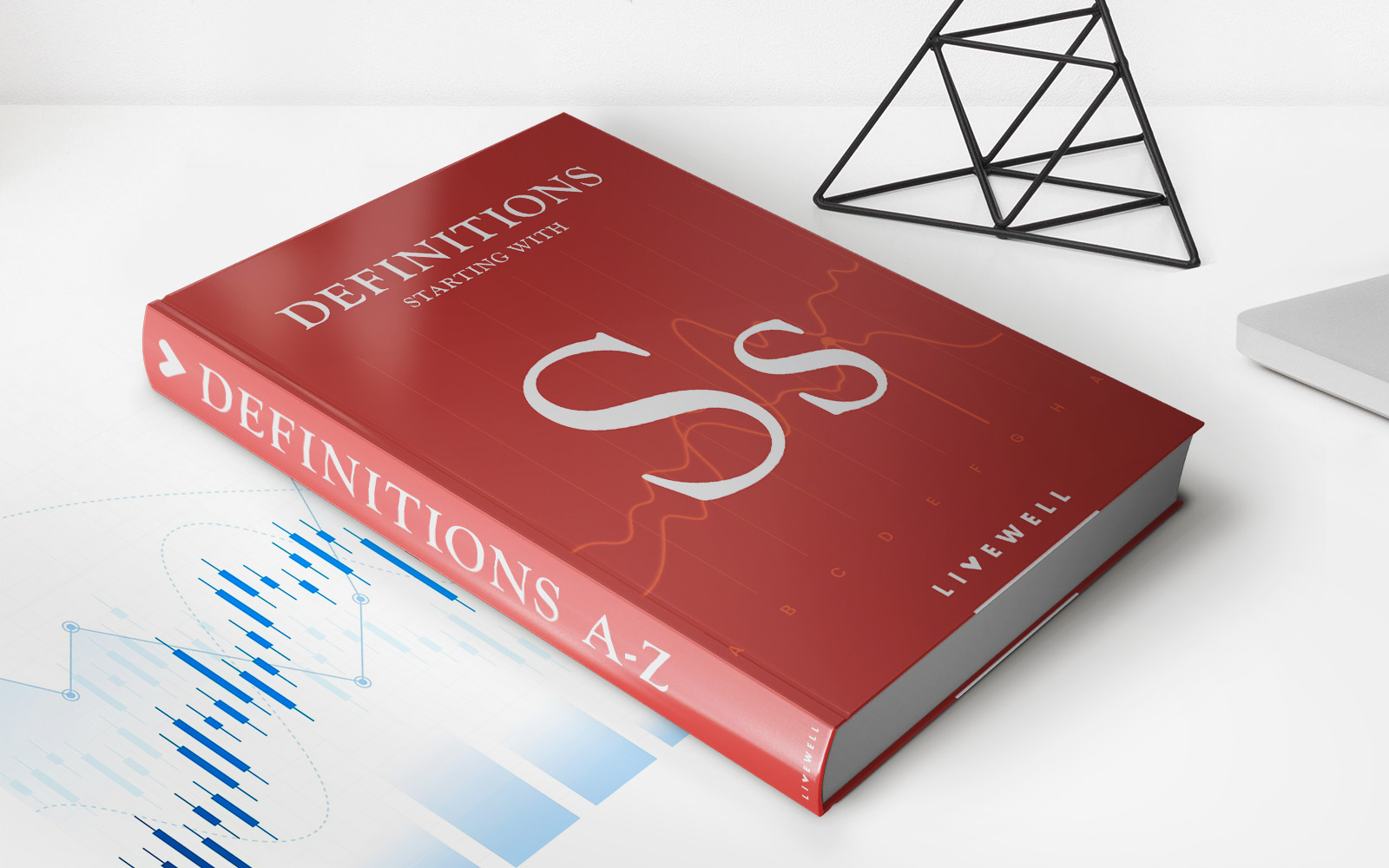Home>Finance>Functional Currency: Definition And How It Works In Accounting


Finance
Functional Currency: Definition And How It Works In Accounting
Published: November 29, 2023
Learn the definition and workings of functional currency in finance accounting. Discover how it impacts financial reporting and multinational companies.
(Many of the links in this article redirect to a specific reviewed product. Your purchase of these products through affiliate links helps to generate commission for LiveWell, at no extra cost. Learn more)
Functional Currency: Definition and How It Works in Accounting
When it comes to accounting, there are many technical terms and concepts that can seem overwhelming. One such concept is functional currency. But fear not! In this blog post, we’ll break down the definition and explain how functional currency works in accounting. So grab your calculator and let’s dive in!
Key Takeaways:
- Functional currency refers to the primary currency used in the day-to-day operations of a business or entity.
- It is crucial for accurate financial reporting and determining monetary transactions’ gains or losses.
So, what exactly is functional currency? In simple terms, it’s the primary currency that a business or entity uses for its day-to-day operations. It’s the currency that the entity primarily transacts in and records its financial statements. But why is functional currency important in accounting? Let’s find out!
Why Functional Currency Matters
In the world of accounting, accuracy is key. Determining the functional currency is crucial for financial reporting because it affects the measurement and presentation of an entity’s financial statements. Here’s why functional currency matters:
- Accurate Financial Reporting: By correctly identifying the functional currency, businesses can present their financial statements in a currency that reflects the economic environment in which they operate. This enables accurate financial reporting that reflects the true financial position of the entity.
- Monetary Gains and Losses Calculation: With functional currency, businesses can accurately calculate monetary gains or losses from foreign currency transactions. By using the appropriate exchange rates and financial reporting standards, businesses can determine the impact of currency fluctuations on their financial statements.
How Functional Currency Works
Now that we understand why functional currency matters, let’s take a look at how it works in practice. Here’s a step-by-step breakdown:
- Determine the Primary Economic Environment: The first step in determining the functional currency is to assess the primary economic environment in which the entity operates. This includes considering factors such as location, currency of the country in which the entity is incorporated, and the currency of the country where operations are primarily conducted.
- Identify the Primary Currency: Once the primary economic environment is determined, businesses need to identify the currency that is predominantly used for transactions and financial reporting within that environment. This is typically the currency in which sales are made, expenses are incurred, and employees are paid.
- Document the Functional Currency: Once the primary currency is identified, businesses need to document their choice of functional currency. This documentation is essential for transparency and future reference purposes.
- Consistency and Monitoring: Accounting standards require businesses to use the same functional currency consistently, unless major changes occur in the underlying economic environment. Regular monitoring and assessment of the functional currency’s appropriateness are also necessary.
By following these steps, businesses can accurately determine and use their functional currency, providing greater transparency and accuracy in their financial reporting.
Conclusion
Functional currency plays a vital role in accounting as it ensures accurate financial reporting and calculations of monetary gains and losses. By identifying and using the appropriate functional currency, businesses can provide a clear picture of their financial position and make informed decisions. So, the next time you come across the term “functional currency,” you’ll have a better understanding of what it means and how it works in the world of accounting.














